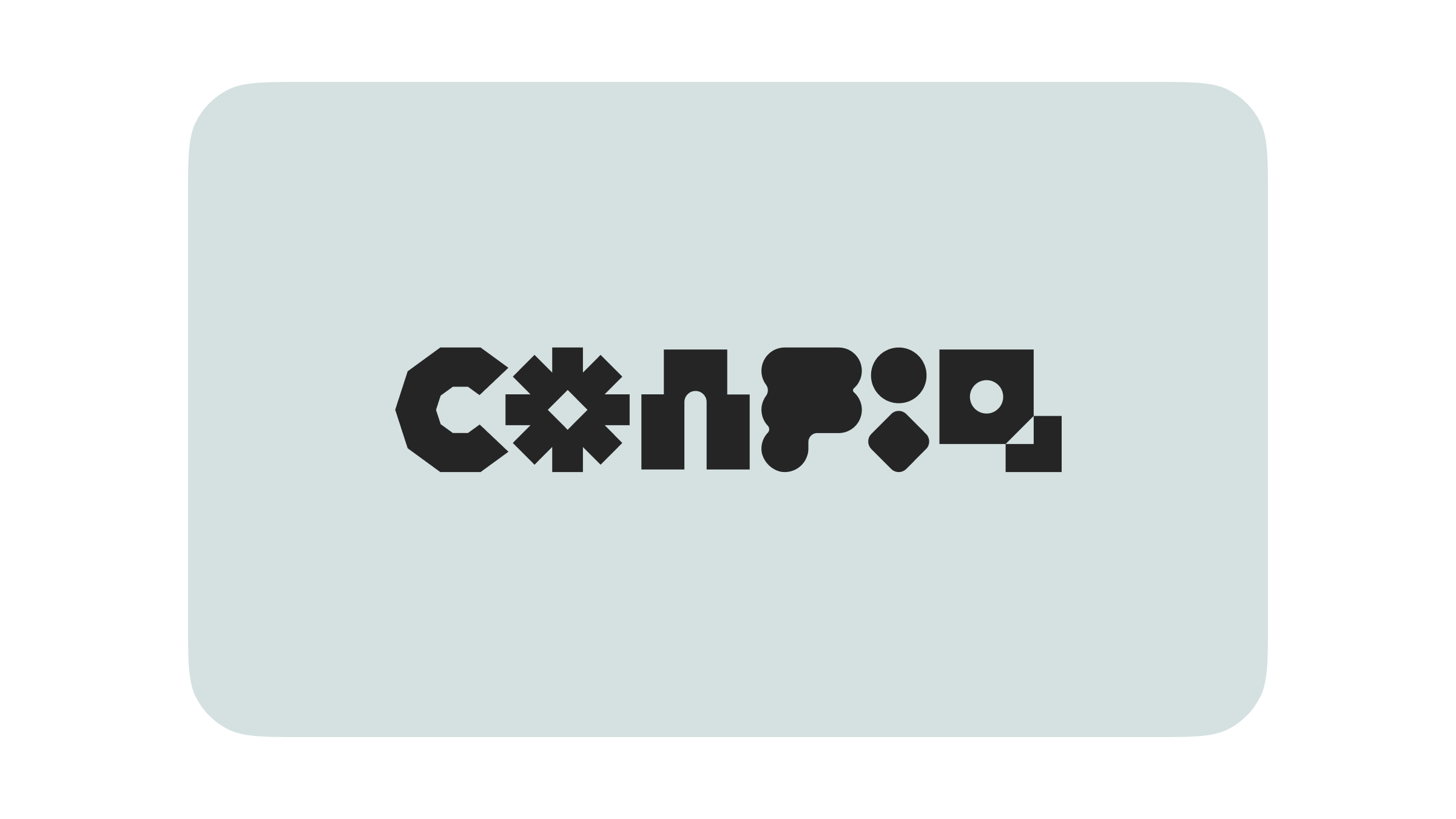
CISA: Most critical open source projects not using memory safe code
The U.S. Cybersecurity and Infrastructure Security Agency (CISA) has published research looking into 172 key open-source projects and whether they are susceptible to memory flaws.
The report, cosigned by CISA, the Federal Bureau of Investigation (FBI), as well as Australian (ASD, ACSC) and Canadian organizations (CCCS), is a follow-up to the 'Case for Memory Safe Roadmaps' released in December 2023, aimed at raising awareness about the importance of memory-safe code.
Memory-safe languages are programming languages designed to prevent common memory-related errors such as buffer overflows, use-after-free, and other types of memory corruption.
They achieve this by managing memory automatically instead of relying on the programmer to implement safe memory allocation and deallocation mechanisms.
A modern example of a safe language system is Rust's borrow checker, which eliminates data races. Other languages like Golang, Java, C#, and Python manage memory through garbage collection, automatically reclaiming freed memory to prevent exploitation.
















